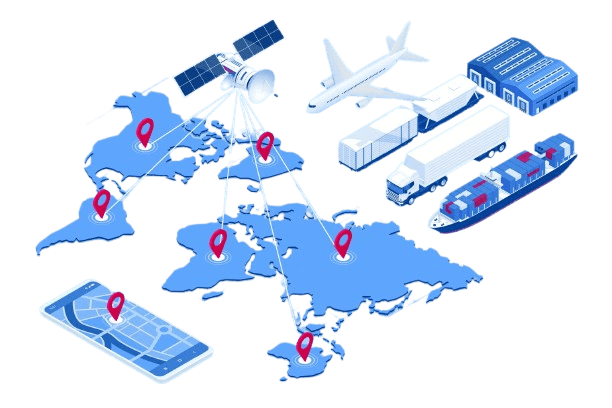🌍 Supply Chain Mapping
See What You Source Know Who You Rely On.
Understanding your supply chain is no longer optional—it’s essential. Whether driven by legal obligations, ethical sourcing commitments, or stakeholder expectations, businesses today must go beyond Tier 1 and gain visibility into the entire chain of custody. BRAND’s Supply Chain Mapping module helps you uncover, document, and evaluate your supplier relationships across multiple tiers and geographies—enabling proactive risk management and credible compliance.

Why Mapping Matters
Legislation such as the EU CSDDD, UFLPA, LkSG, and standards like SA8000:2025/6 and RJC COP/COC all require companies to:
- Identify where their products come from
- Understand supplier relationships beyond direct contracts
- Recognize geographic and sector-specific risks
- Take responsibility for impacts further down the chain
Mapping is the first—and most critical—step in this process.

Key Features
Multi-Tier Mapping
- Visualize your supply chain from Tier 1 to Tier 3+ with interactive, expandable views
- Upload supplier hierarchies via structured forms, spreadsheets, or integration with ERP systems
- Understand ownership relationships and supplier dependencies
Geographic Visualization
- Country-level and regional mapping with built-in overlays for:
- Conflict-Affected & High-Risk Areas (CAHRAs)
- Forced labor hot zones (e.g., Xinjiang, DRC)
- Sanctions & embargo lists
Entity Data & KYC Integration
- Link each supplier to their full KYC profile: business registration, ownership, sanctions screening
- Receive alerts for incomplete, expired, or unverified entries
- Upload or request documentation directly from suppliers
Risk Exposure Tagging
- Assign risks by:
- Country of origin
- Product/material category
- Sector-specific red flags (e.g., gold, cobalt, cotton)
- Use automated risk scoring based on BRAND’s compliance intelligence engine
Dynamic Updates
- Track supplier changes over time (additions, removals, reclassifications)
- Record facility closures, sourcing shifts, or ownership transfers
- Maintain a historical timeline for audit and disclosure purposes
Mapping for Compliance
The Supply Chain Mapping module is fully aligned with the expectations of:
- OECD 5-Step Framework – Step 2: Identify and assess risks
- SA8000:2025/6 Clause 9.12 – Supply chain due diligence
- RJC Provision 7 & 14 – Responsible sourcing & CAHRAs
- UFLPA – Full chain-of-custody documentation
Use Cases
Mapping raw material origins for EU CSDDD and UFLPA compliance
Documenting indirect suppliers for SA8000 audits
Visualizing subcontractor concentration in high-risk zones
Monitoring high-risk commodity sourcing (e.g., mica, sugar, cotton)
Complementary Tools
Supply Chain Mapping works seamlessly with:
- KYC & Supplier Verification
- Automated Risk Evaluation
- Due Diligence & Corrective Action Tracker
- Audit & Grievance Logs
Together, they create a complete chain of accountability from factory to finished product.

Summary
If you can’t see your supply chain, you can’t control it—and regulators know it. BRAND’s Supply Chain Mapping module gives you the visibility, traceability, and data structure to meet your legal and ethical responsibilities.
